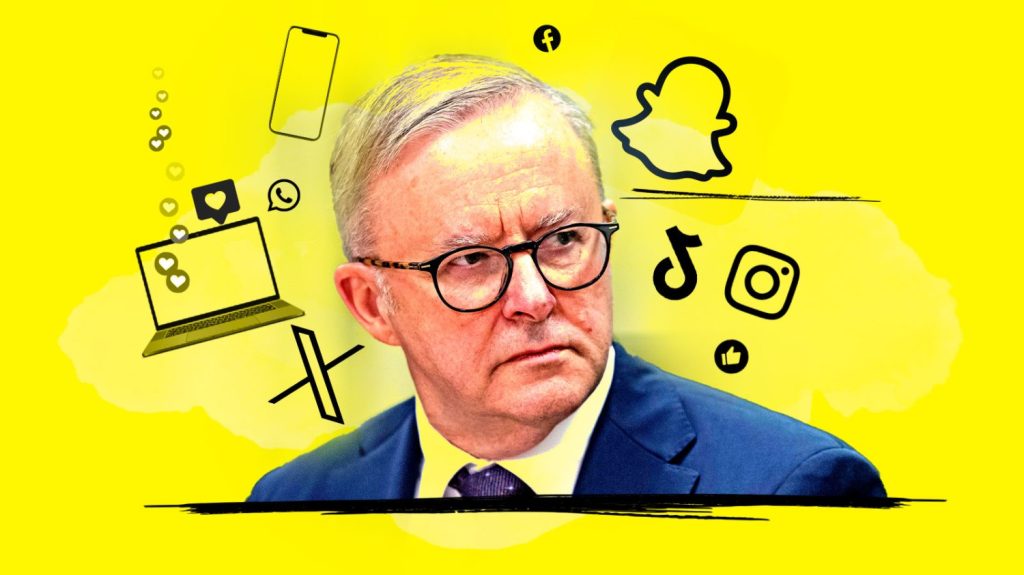Prime Minister Anthony Albanese announced that Australia intends to establish a national minimum age for social media use to steer children away from potentially harmful technology and toward physical activities, such as sports.
Legislation for the prohibition will be presented to parliament by the end of 2024, following the development of a reliable method to verify users’ ages. Albanese suggested that the minimum age would be between 14 and 16.
Critics argue that some young individuals may seek alternative, potentially less secure avenues to access the internet. Australia’s safety regulator cautioned that a ban could lead children to explore “less-regulated non-mainstream services.”
Australia’s plans mirror the increasing global apprehension regarding children’s use of social media.
Although Australia leads the way in attempting to enforce a national prohibition on certain children’s social media use within Western nations, several Asian countries, including Malaysia, Singapore, and Pakistan, have already enacted similar nationwide constraints.

The predominant concern driving such prohibitions is generally attributed to mental health. Some policymakers, including those in the US, often cite influential literature like Jonathan Haidt’s The Anxious Generation, which posits that social media on mobile devices has sparked a mental health crisis among children as a source of inspiration. However, critics argue that Haidt’s and others’ conclusions lack clear evidence and oversimplify the issue.
A review conducted by the government of South Australia concluded that enforcing regulations on companies based outside Australia would be challenging. The Australian online safety commissioner has issued warnings to Meta and X in recent months to eliminate graphic and illegal content from their platforms, which X did not fully adhere to.
Instead, X consented to restrict specific posts in the country but achieving a global blockade – as originally directed – necessitated a temporary injunction by the regulator.


